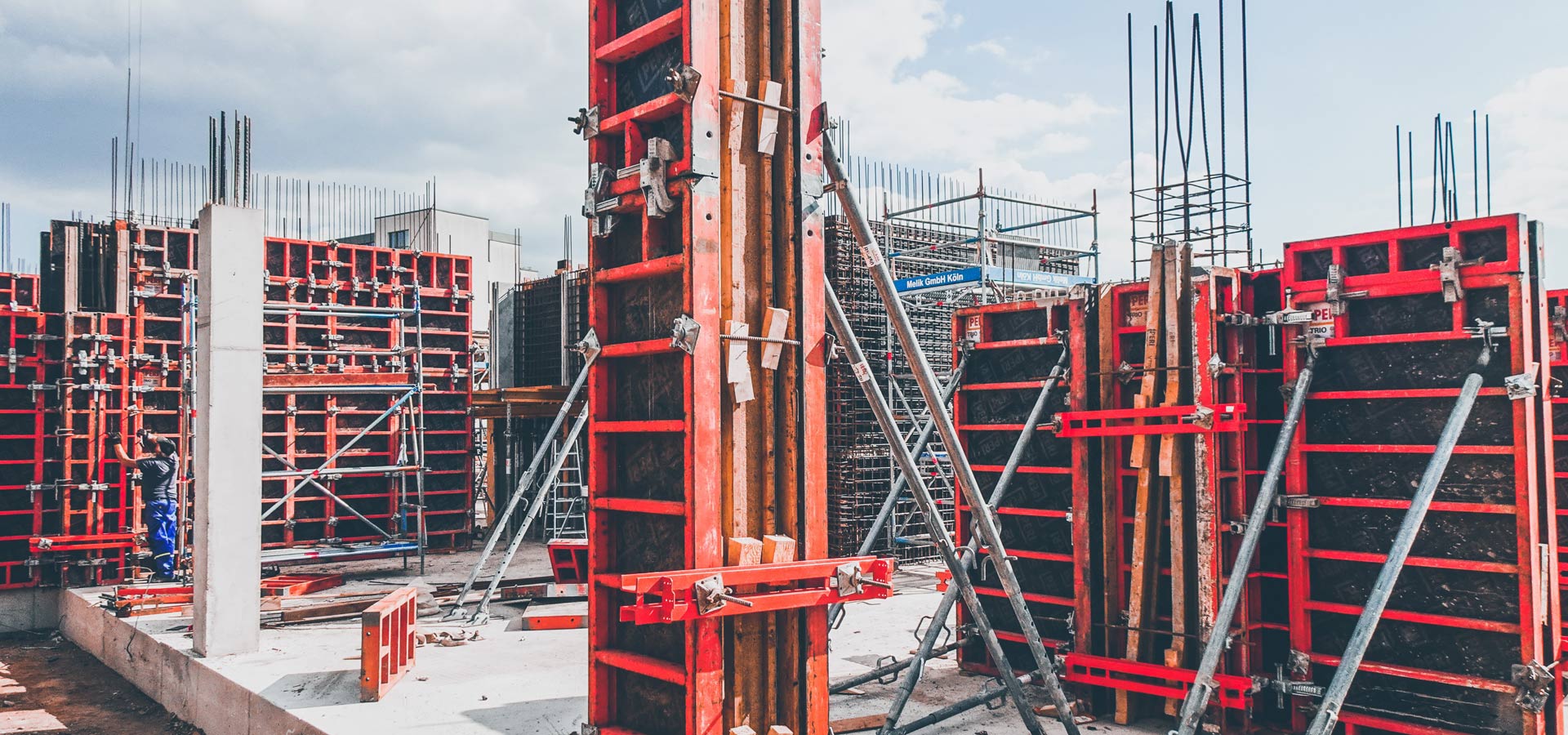Pricing is down. The closing is delayed. The funder postponed their pledge. Underwriting is slow. The grant hasn’t been announced. There isn’t a term sheet yet.
Sound familiar? These are common refrains that we’ve heard from our clients and investors as together we try to move community development projects forward in the face of a global health crisis.
The COVID-19 pandemic has added untold layers of ambiguity to an already complex process of raising capital for projects in underserved communities and there is palpable uncertainty about how and when capital will be raised for high-impact projects. At the same time, our clients are more committed than ever to living out their collective mission to expand economic opportunity for underserved people and communities. How can organizations continue to raise capital and move projects forward in these unprecedented times? Here is what is working for Hope Community Capital clients:
- Form an internal crisis response team (CRT) including organizational leadership (executive and program staff), board leadership, and trusted advisors. At minimum, meet once per week (via an online platform, of course) with an agenda focused on the current reality of the project in terms of capital raise, entitlements and permits, and construction. The CRT’s main goal is to create and implement a strategy to keep the project moving forward and to share urgent project updates impacting the funding, timing, and scope of the project.
- Develop different scenarios for timing of capital raise, entitlements and permits, and construction. Delays in funding sources, whether debt, equity, or philanthropy, have perhaps the most significant impact on when the project is able start construction. Hope Community Capital works with its clients to model financing scenarios that reflect changing tax credit pricing, delays in receipt of philanthropy and public grants, and fluctuating construction and materials cost. We revisit cost assumptions, map out different timing scenarios on the capital raise, and assess the timeline for permitting and entitlements in an environment when municipal staff is stretched to the limit. This scenario planning allows clients to more confidently assess whether the original project vision in terms of cost, amount of space, and location is still the best option. The format is a multi-tab workbook reflecting different cost and timing assumptions on the capital raise.
- Refine the operating proforma to reflect new variances in revenue. In particular, organizations that rely heavily on fee revenue attached to convenings of large groups of people (for example: arts organizations who rely primarily on ticket sales) should assess whether a downward adjustment of revenue will impact the organization’s cash position and therefore its ability to service debt. Hope Community Capital works with its clients to refine proforma assumptions, brainstorm and project new revenue sources, and calculate debt capacity.
- Communicate with your external financing partners. Keep potential investors and funders aware of any shifts in project plans and reassure them that the organization has a clear understanding of the current status of the project and that the organization has been disciplined in mapping possible, feasible future scenarios. Remind funders that the organization’s mission is more important than ever before as you are working diligently to create a project budget that allows the organization to continue to make significant community impact while adjusting to uncertainties in project costs and future revenue. Be aware of the issues of most concern to financing partners as they balance tax credit appetite, new underwriting approaches, and delayed closing timelines. Pro-actively reach out to financing partners as your chosen future scenario becomes clear. Hope Community Capital often reaches out to financing partners on behalf of its clients.
There is no question: project funding, timing, and scope are deeply impacted by COVID-19. Our clients have found that the formation of a crisis response team and detailed scenario planning have allowed them to continue to deliver on their critical mission while simultaneously moving important community development projects forward.
On May 28th, 2020 Hope Community Capital, Amanda White Consulting, and the Madison Community Foundation presented a webinar on strategies to make progress on your capital raising goals during uncertain times. The webinar may be viewed here.
